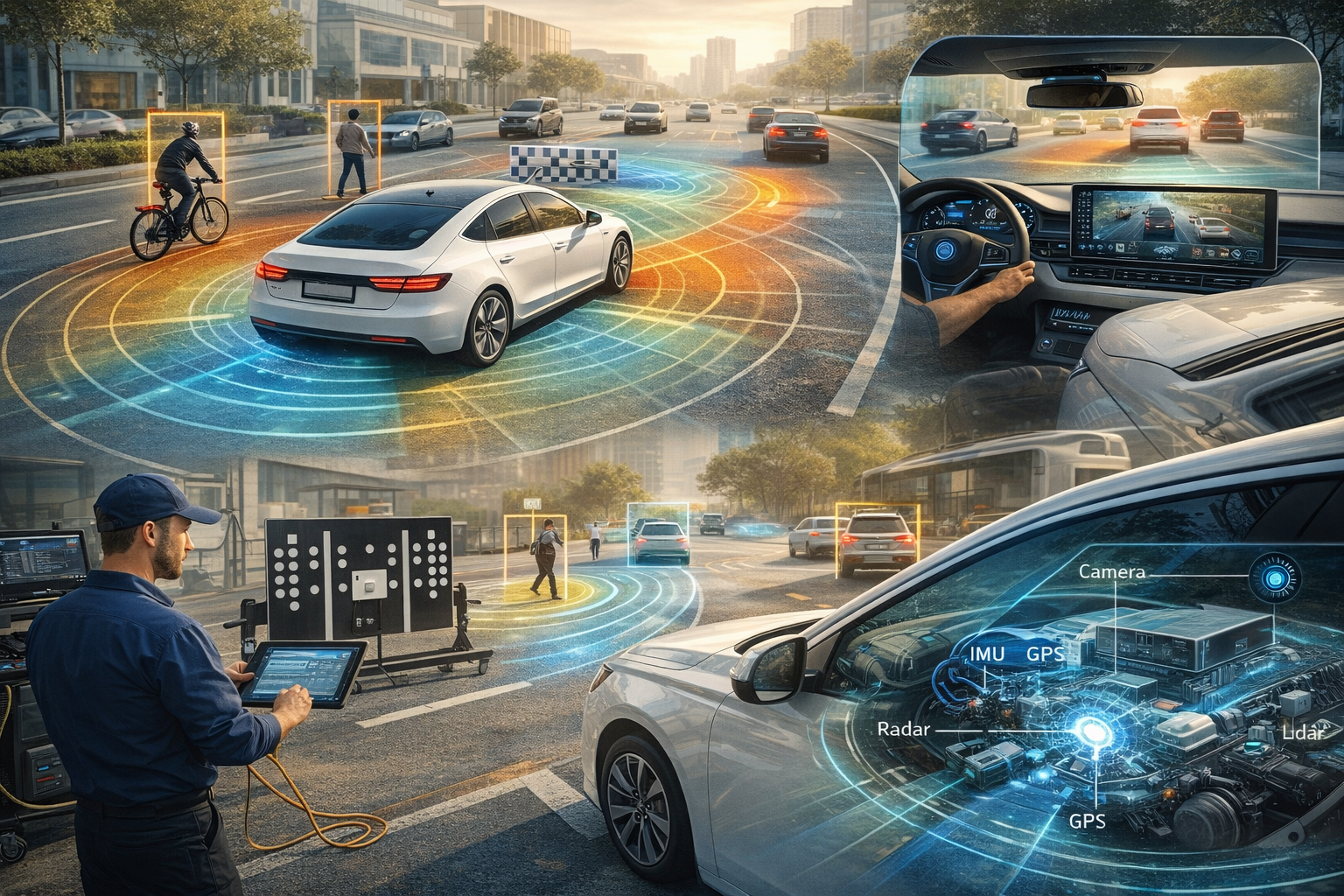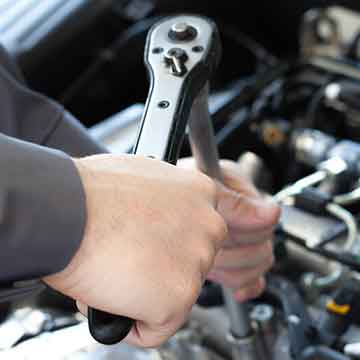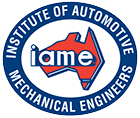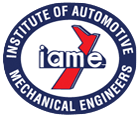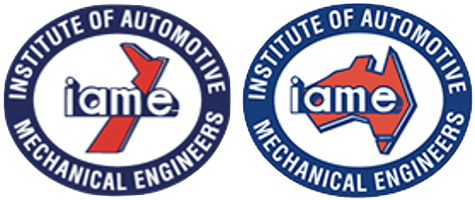Rolls-Royce Legacy: 75% of All Cars Produced Still Commanding the Road
Did You Know?
When it comes to luxury automobiles, few names evoke the prestige and opulence of Rolls-Royce. For over a century, the British marque has been synonymous with unparalleled craftsmanship, timeless elegance, and uncompromising quality. Amidst the ever-evolving automotive landscape, where trends come and go, Rolls-Royce has remained a steadfast symbol of automotive excellence. Remarkably, a staggering statistic highlights the enduring legacy of this esteemed brand: 75% of all cars ever produced by Rolls-Royce are still gracefully navigating the world's roads today.
This remarkable longevity speaks volumes about the meticulous engineering and unwavering dedication to quality that define every Rolls-Royce vehicle. From the iconic Phantom to the luxurious Ghost and the dynamic Wraith, each model is a testament to the brand's commitment to automotive perfection. But what exactly lies behind this impressive statistic?
One key factor is Rolls-Royce's unwavering commitment to craftsmanship. Every Rolls-Royce vehicle is meticulously handcrafted to the highest standards, with artisans meticulously shaping every curve and stitch to perfection. This dedication to quality ensures that each car is not only a marvel of engineering but also a work of art designed to stand the test of time.
Moreover, Rolls-Royce's legendary durability and reliability play a significant role in the enduring presence of its vehicles on the road. From the robustness of its drivetrains to the longevity of its materials, every component is engineered to withstand the rigors of daily use while maintaining peak performance year after year. This reliability instills confidence in owners, encouraging them to keep their Rolls-Royce vehicles on the road for generations to come.
Furthermore, Rolls-Royce's renowned customer service and support network play a crucial role in ensuring the longevity of its vehicles. With a global presence spanning continents, Rolls-Royce provides owners with unparalleled access to expert maintenance and service facilities, ensuring that their vehicles receive the care and attention they deserve throughout their lifespan. This dedication to customer satisfaction fosters loyalty among owners, further cementing the brand's legacy on the world's roads.
Beyond the technical and mechanical aspects, there's also a profound emotional connection that owners feel towards their Rolls-Royce vehicles. Owning a Rolls-Royce is more than just possessing a car; it's an experience that transcends mere transportation. Whether it's the sense of prestige that comes with driving a Rolls-Royce or the pride of owning a piece of automotive history, these intangible factors contribute to the enduring allure of the brand and the desire to keep Rolls-Royce cars on the road for generations to come.
In a world where automotive trends come and go, Rolls-Royce stands as a beacon of timeless elegance and enduring quality. With 75% of all cars ever produced still gracing the world's roads today, the legacy of Rolls-Royce is not just a testament to its engineering prowess but also a celebration of the passion and dedication of its owners. As the marque continues to innovate and evolve, one thing remains certain: the spirit of Rolls-Royce will continue to command the road for generations to come.
